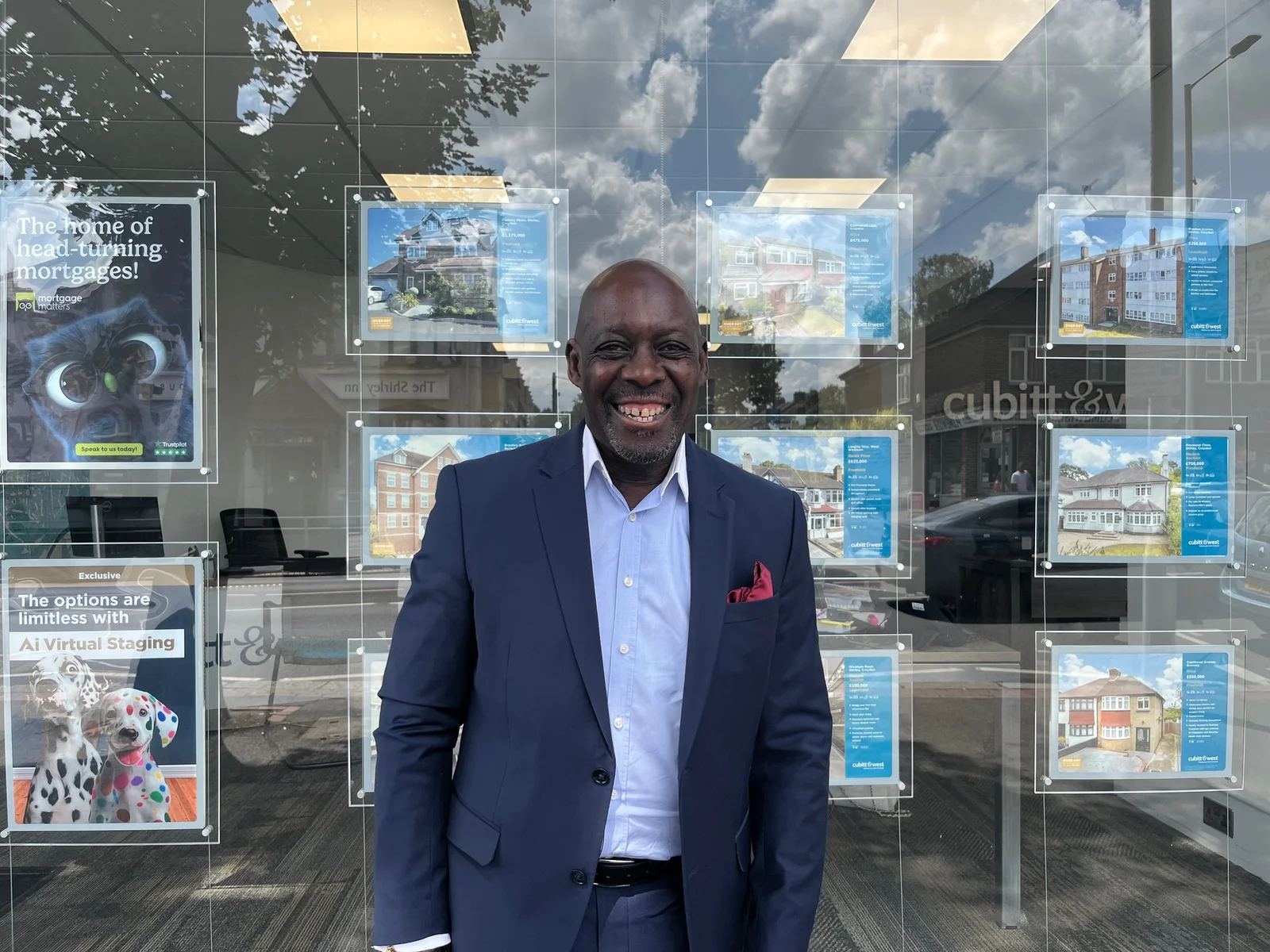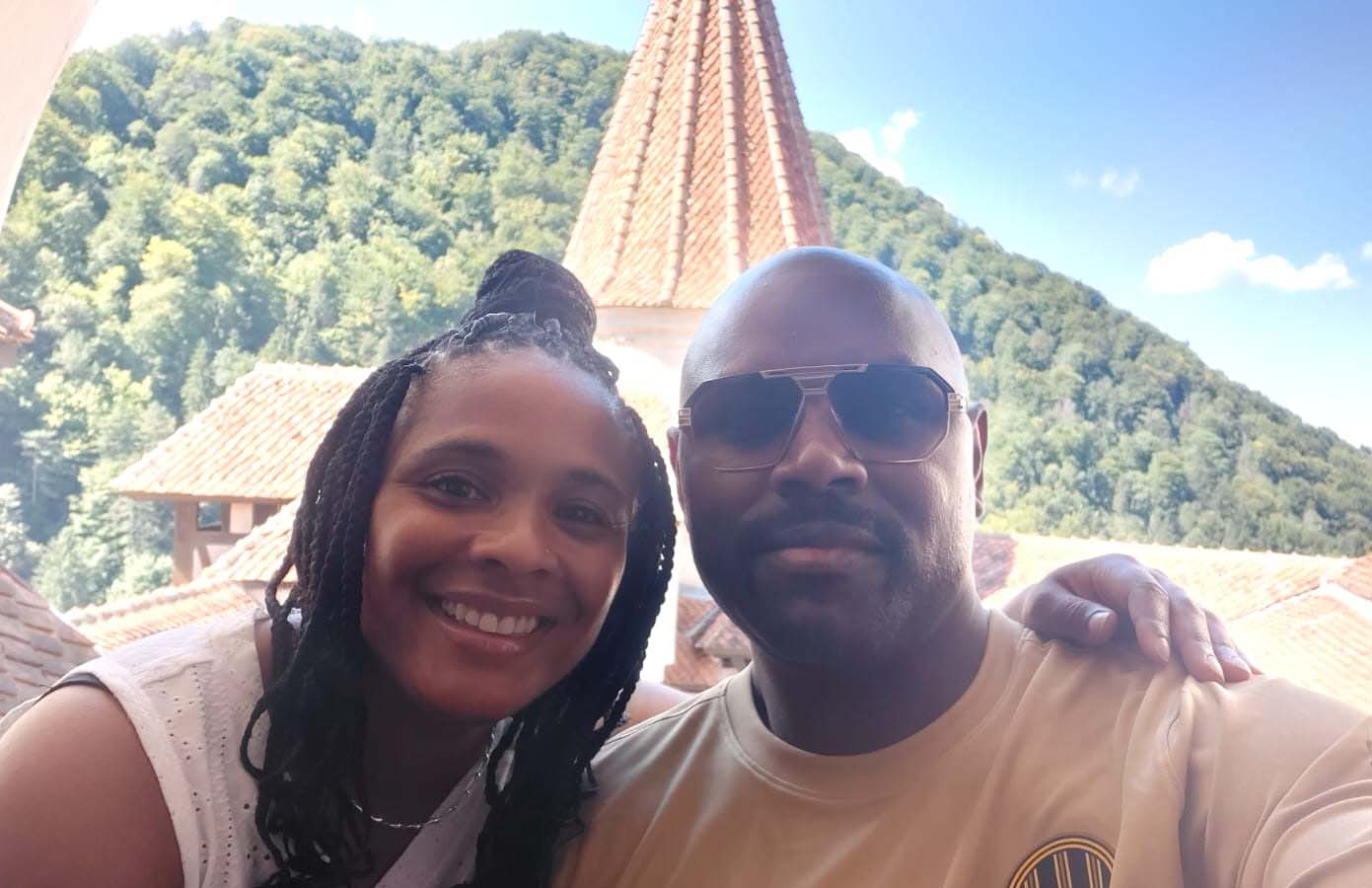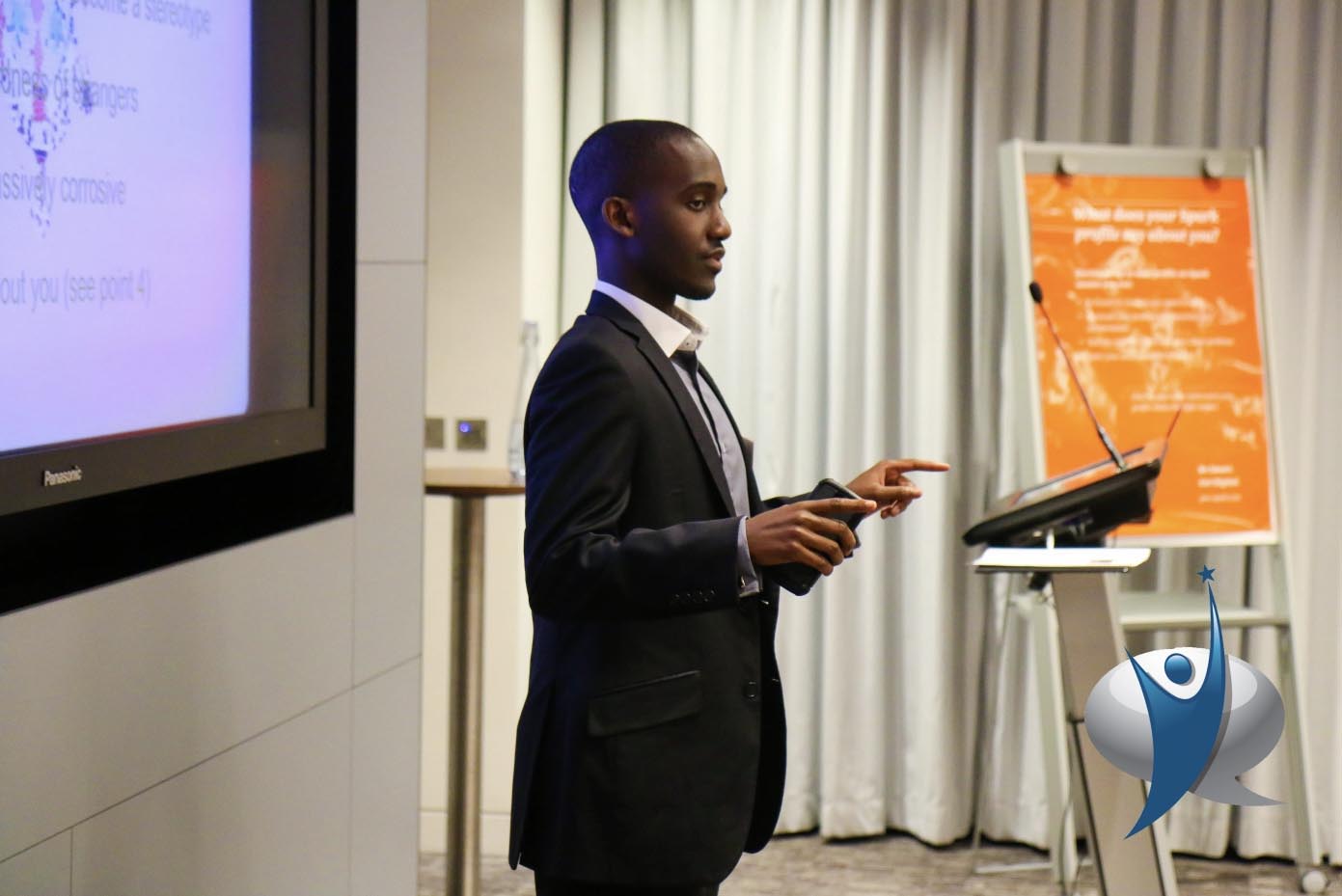

Tips for buying your first home
BY OLIVE VASSELL
Buying your own home will likely be one of the biggest and most exciting milestones in your life. The average age of a Black first time property buyer ranging between 28 and 35 according to 2023 government figures. However, the process can feel overwhelming. Between mortgages, surveys, solicitors, and something called “conveyancing,” it’s easy to feel lost.
However, there are predictable steps that, once learned, can help someone move forward with confidence. We’ve compiled some of the major ones to get you started.
- Sort out your budget
Before you “fall in love” with a property, you should figure out your budget. “A buyer needs to understand how much they have to spend, in terms of whether they need help with finances and a mortgage,” says Paul Henry, a longtime estate agent at Cubitt & West in Shirley, London.
You’ll need a deposit of at least 10% of the property price. One option is to use government schemes like Lifetime ISAs, which give you a 25% bonus on savings toward your first home.
The more you can put down, the better mortgage deal you’re likely to get. When you are looking for one, remember to look at all your options. “It’s a mistake to just go to one particular bank lender, thinking that’s your only option,” Henry explained.
Next, you’ll need to contact a mortgage adviser or use a mortgage calculator online to see how much you can borrow based on your income, debts, and spending habits. There’ll be other costs too, including solicitors’ fees and Stamp Duty ( a tax you pay when you buy a property over a certain price).
2: Get a Mortgage Agreement
Before you start house hunting, it’s important to get a Mortgage Agreement in Principle (AIP). This is a statement from a lender saying they’d likely lend you a certain amount, based on a soft credit check and your finances. “It’s not a guarantee, but it shows estate agents and sellers you’re serious,” Henry says.
“What you will find is that it gives the buyer the confidence to know what they should be looking for realistically. “If the mortgage is coming from a bank, for example, and they do a soft or hard credit search (when the bank reviews your finances a little bit more in detail), it will reveal any fiscal blemishes that could trip them up,” he added.
3: Start house hunting
Now the fun begins. Register with estate agents and browse online platforms like Zoopla to start looking at properties. Remember to focus on what you need—location, number of bedrooms, access to transport. Take your time, ask questions during viewings, and don’t be afraid to walk away if it doesn’t feel right.
4: Make an offer
Now you’ve found a property you love, it’s time to make an offer through your estate agent. If it’s accepted, congratulations, but you still have more steps. You’ll need to get a conveyancer or solicitor to handle the legal side, submit a full mortgage application, and arrange a survey to check the property’s condition .
5: Legal checks and surveys
Around this time, your solicitor will check the title deeds (to make sure the seller legally owns the home); run local authority searches (to uncover planning or environmental issues), and review contracts and explain anything unclear. Meanwhile, your lender will do a mortgage valuation to ensure the property is worth what you’re paying. You can also book a more detailed Homebuyer Report or full structural survey, especially for older homes.
6: Exchange contracts
All the checks are now complete, and your mortgage is approved, so you’re ready to exchange contracts. This is when you pay your deposit and agree on the completion date. Now the sale is legally binding. If you pull out, you’ll lose your deposit!
7: Completion day
On this day, your solicitor sends the remaining funds to the seller’s representative, and once it has been confirmed that it has been received, the keys are yours!
So, what’s the typical timeline for a property purchase from offer to completion? According to Henry, “Generally, a first-time buyer is buying a property that does not have an onward chain, so buying a property that is empty, on average, you are looking at three months. There are things that can extend that time or things that can speed it up.”
For assistance with finding a property contact, Paul Henry. Email: paul.henry@cubitandwest.co.uk; Tel: O2086543037
Tips for buying your first home
Elisabeth Welch, a name that resonates with timeless elegance and unparalleled talent. Born in 1904, Welch was a trailblazing African-American singer and actress who left an indelible mark on the entertainment industry. Her career spanned decades, showcasing her versatility in jazz, blues, and musical theater.
Welch’s voice was a mesmerizing instrument that transcended boundaries, captivating audiences on both sides of the Atlantic. From her early performances in the Harlem Renaissance to gracing London’s West End stages, Welch’s charisma and vocal prowess earned her widespread acclaim.
Beyond her musical prowess, Welch made history as one of the first African-American women to star in a British film during the 1930s. Her legacy is not only defined by her groundbreaking achievements but also by her resilience in the face of racial and gender barriers.
Elisabeth Welch’s journey is a testament to the enduring power of talent and tenacity. As we celebrate her contributions, let us remember and honor a woman whose artistry continues to inspire generations, leaving an indomitable legacy in the annals of entertainment history.







